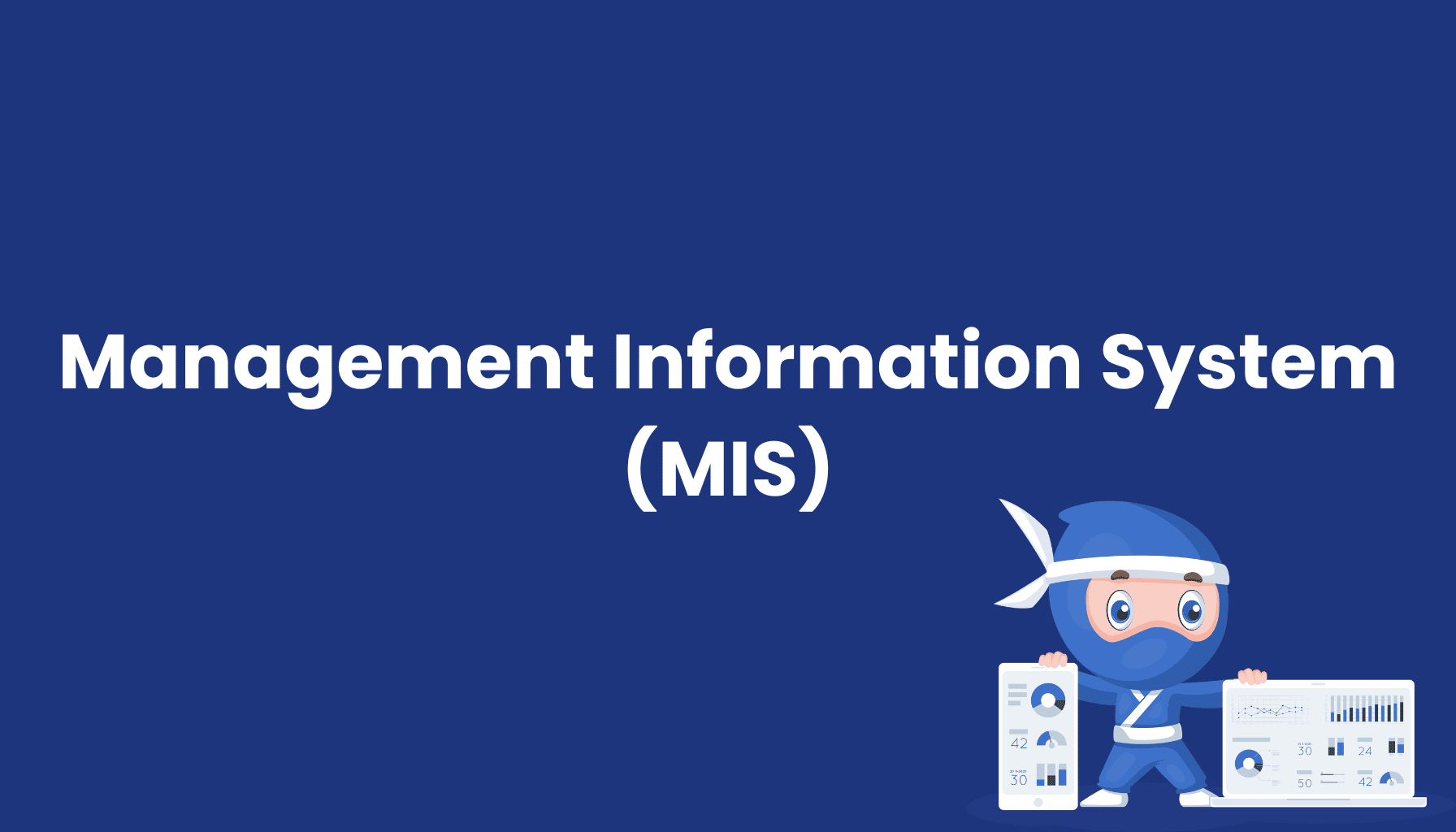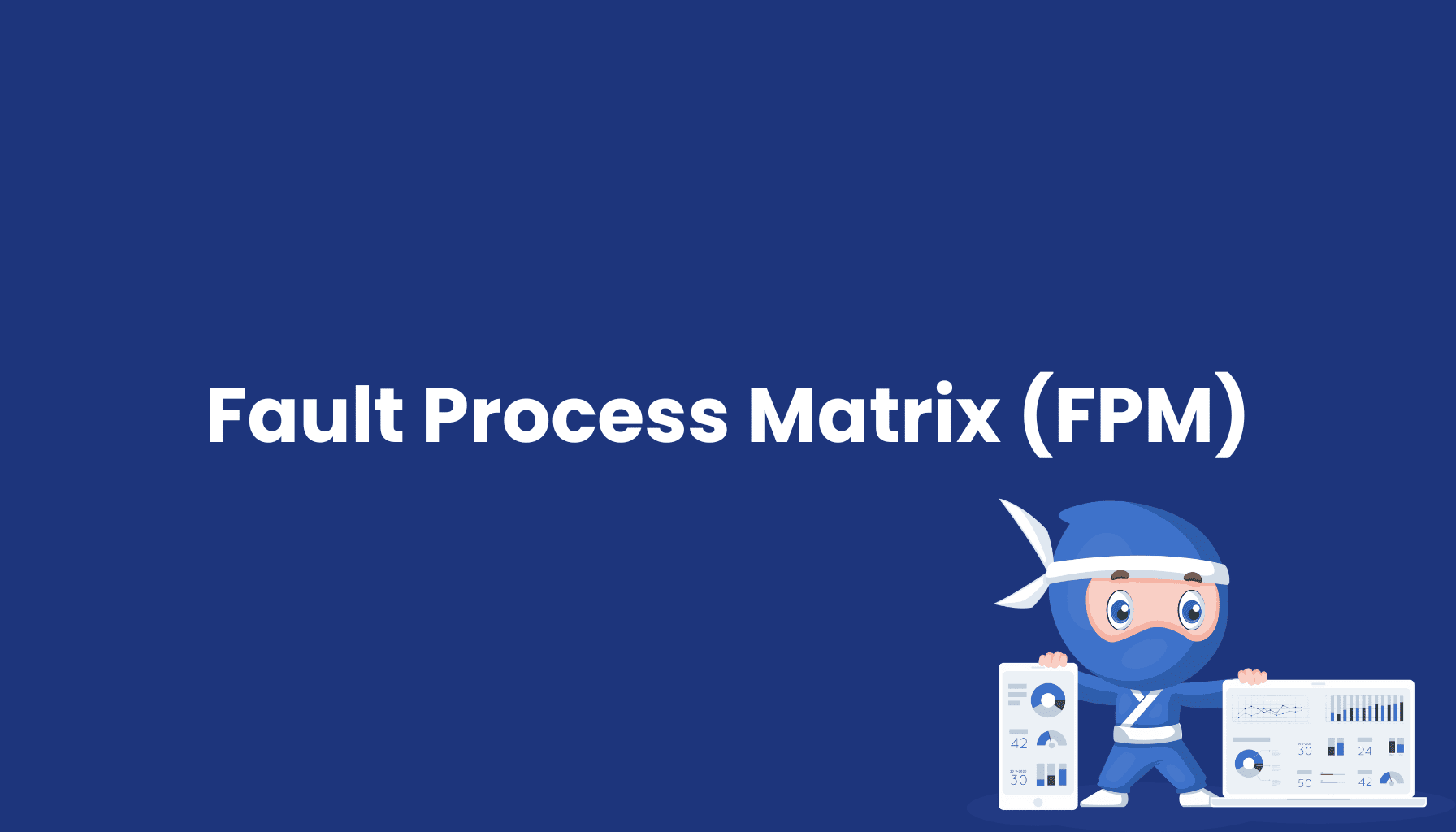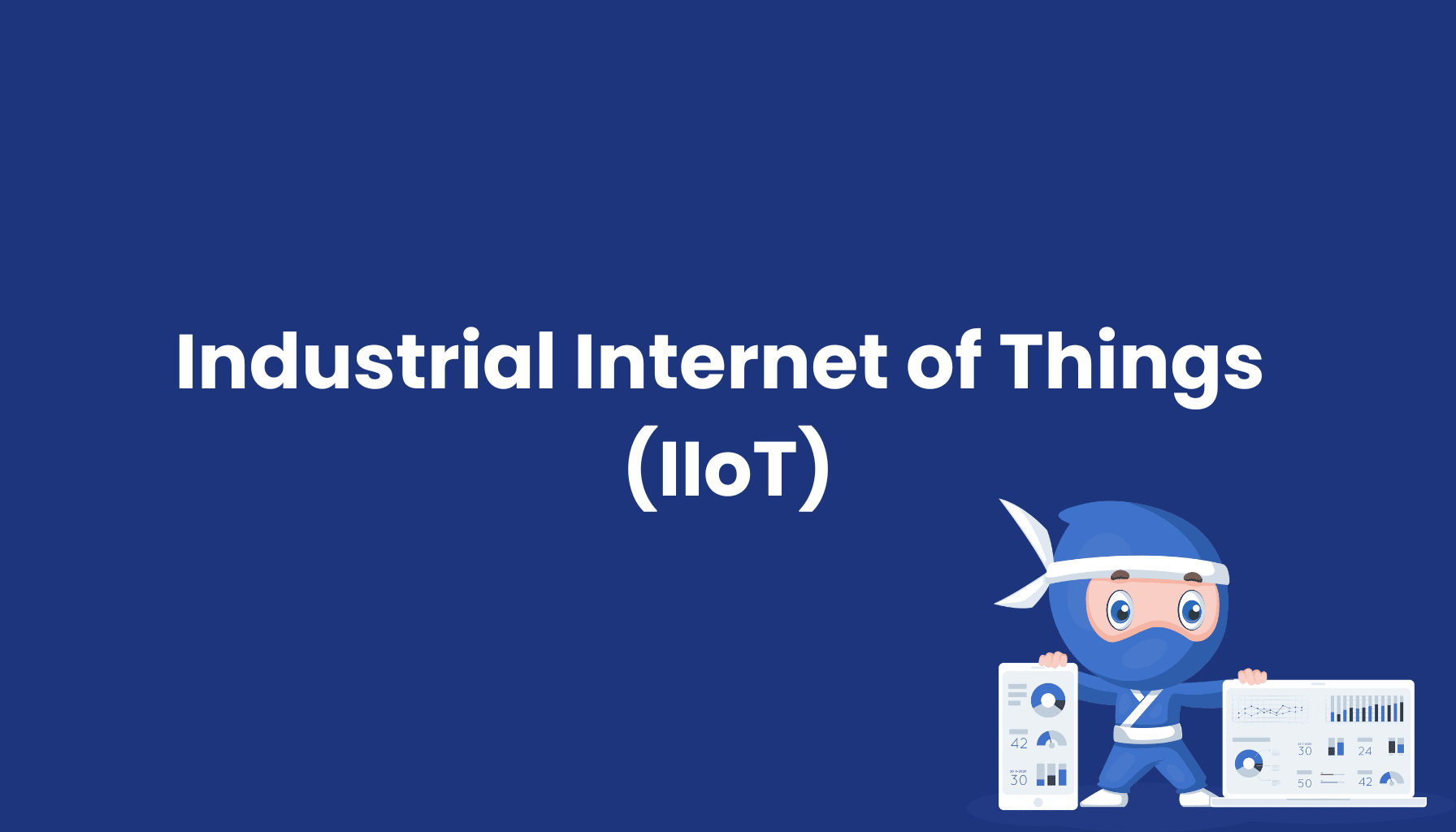Management Information System (MIS)

What is a Management Information System (MIS)?
A Management Information System (MIS) is a computer-based system designed to collect, process, and provide information that aids management in decision-making processes. MIS is integral for transforming raw data into useful insights, allowing managers to plan, control, and coordinate business activities more effectively.
Key Features of an MIS
- Data Integration: MIS centralizes data management, pulling information from various departments such as sales, production, and finance into a unified platform. This ensures consistency and completeness in data analysis.
- Report Generation: Automated reports and dashboards deliver key metrics and trends, making critical information accessible to managers in real-time.
- Decision Support: MIS offers analytical tools that help managers evaluate scenarios and make data-driven decisions. It provides insights into trends and potential future outcomes.
Benefits of a Management Information System
- Transparency: Provides a clear overview of the current status and performance across different areas of the business.
- Increased Efficiency: Automates data collection and reporting, reducing manual labor and speeding up decision-making processes.
- Improved Decision-Making: Facilitates well-informed decision-making by delivering accurate, real-time data and analysis, reducing the risks of errors or misjudgments.
MIS in the Manufacturing Industry
In manufacturing, MIS plays a crucial role in analyzing production data, monitoring inventory levels, and optimizing production processes. It allows manufacturers to track production costs precisely and streamline resource utilization.
By integrating MIS with existing Manufacturing Execution Systems (MES), manufacturers can enhance data processing capabilities and gain valuable real-time insights. This integration is essential for effectively managing production flows and achieving efficiency targets in a highly competitive market.





